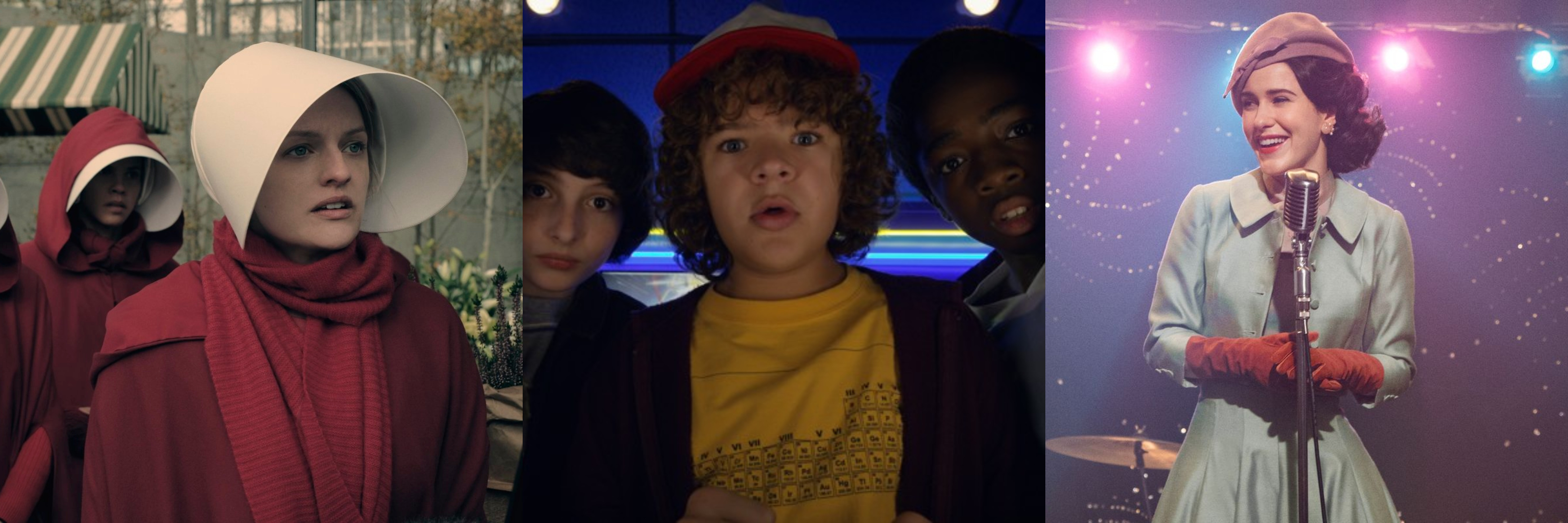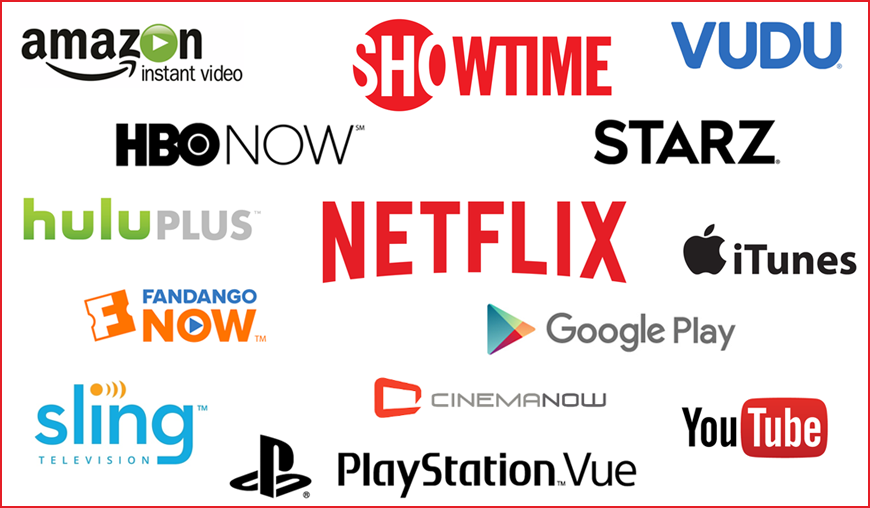The internet went completely berserk this week as Netflix announced it would be dropping The Office from streaming in early 2021. NBC Universal made a bid to get streaming rights back for the series, and while fans and Netflix users may riot, this all represents a much larger problem. We stand on the precipice of a truly dark time of entertainment.

Too Many Choices
Over a decade ago, Netflix was the first to enter the era of streaming (not counting video on demand via cable), but things didn’t remain that way for long. Other sites like Hulu and Amazon Prime emerged to compete with Netflix, and soon enough, all of them were making their own original content.
It was at this point, that these streaming services became legitimate studios themselves, creating content to compete with other major networks/film studios. When this happened, Netflix, Amazon Prime, and Hulu all became true competitors, and it motivated other studios to launch their own streaming services to house the content they own.
We’ve already seen the likes of this with DC Universe, CBS All Access, and the upcoming Disney+. And the entire reason why NBC Universal beat out Netflix for The Office rights was so that, they too, could launch their own streaming service. Before long, we will reach a point where every single studio and network has its own streaming service that you have subscribe to separately if you want to enjoy their content.

Why It’s Bad for Consumers
Firstly, there’s the obvious financial liability that will come with this. As many consumers cut the chord with cable to opt for streaming only, having to subscribe to a myriad of services just to get the variety of content will quickly end up being just as, if not more expensive than having cable in the first place! But secondly, and more importantly, this veil of competition is actually a series of monopolies in disguise.
In the old days, if you wanted to rent/buy a movie, you had quite a few options. You could rent it from Blockbuster, Hollywood Video, or an independent store, or you could purchase it from Amazon, Walmart, Suncoast, Best Buy, etc. The whole point was you had a choice. Each of these companies competed for selling the same entertainment products, and that competition made each of them keep their prices as low as possible.

And while all these different streaming companies seem like competition, they’re not in the traditional sense, because they all offer content exclusive to them. So if a consumer wants to enjoy films from Disney, Warner Brothers, Universal, and Netflix, they’ll have to subscribe to every single one of the them. But more likely, most people will merely subscribe to a small few they can afford, which will result in each one struggling to reach a wide audience.
History Repeating Itself
This may come as a surprise, but something like this almost happened in Hollywood many years ago. During the “Golden Age of Hollywood” (1930’s-1940’s) studios wielded immense power. They owned both the means of film production, as well as its distribution via movie theaters. When they owned their own theaters, they could dictate what was played, and show only their exclusive content (sound familiar?).
However, this practice was put to an end in 1948 with the landmark United States v. Paramount case, which ended the so called “studio system” which had dominated the past. This prevented the oligarchy of studios from dominating, and allowed for other, smaller companies to get in on it. But unfortunately, there’s no way to enforce this with streaming. So the very thing Hollywood avoided in 1948, we’re now fully embracing 70 years later.

These projections seem grim, but no one truly knows what the future holds. One difference about the old studio system and now is that with the internet, everything is much more accessible. As long as we have content creators on YouTube, anyone can still reach a wide fan-base, even with the small monopoly of studios.
But what do you think? Are you concerned about having to pay for too many streaming services, or does the idea of Disney+ having all the Star Wars, and Marvel films intrigue you?! Let us know in the comments below!




